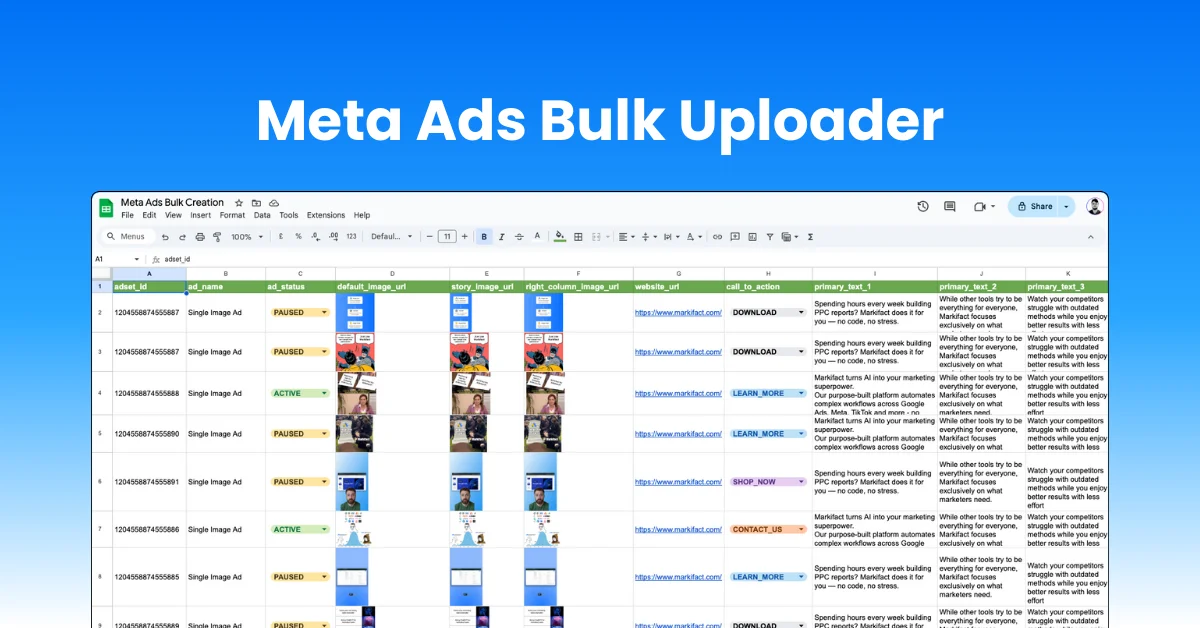Google DeepMind is introducing new AI safeguards and tools to make learning more engaging and accessible. They are guided by their AI Principles, research, and feedback from experts, product users, and partners.
LearnLM, a new family of models based on Gemini, is being launched. It integrates research-backed learning science and academic principles into Google products, managing cognitive load and adapting to learners' needs. It powers features across Google products, including Gemini, Search, YouTube, and Google Classroom.
An experimental tool, Illuminate, uses Gemini 1.5 Pro’s long context capabilities to transform complex research papers into short audio dialogues.
To improve their models and protect against misuse, they are introducing AI-Assisted Red Teaming and expert feedback. This technique involves training AI agents to compete against each other to expand the scope of their red teaming capabilities. They are also expanding SynthID to text and video, a technology that adds watermarks to AI-generated images and audio to protect against misuse.
Google DeepMind is also collaborating with the ecosystem to help others benefit from and improve on the advances they are making. They will open-source SynthID text watermarking through their updated Responsible Generative AI Toolkit.
Their AI advances are helping people solve real-world problems and advance scientific breakthroughs. They have announced three scientific milestones in collaboration with Harvard University and Google Research. They have also introduced Med-Gemini, a family of research models that builds upon the Gemini model’s capabilities in advanced reasoning, multimodal understanding, and long-context processing.
Google DeepMind is excited about the future and what they can accomplish working together.














